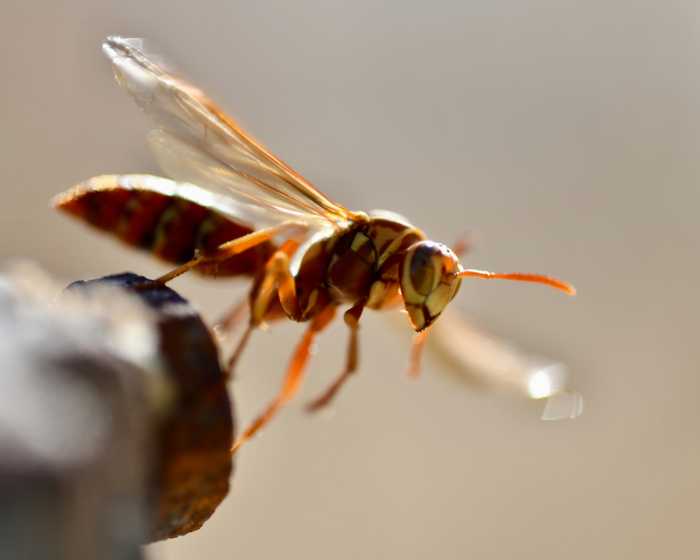Published 15:20 IST, May 20th 2024
With these simple steps, you can effectively treat a bee sting and minimise discomfort.
Advertisement
Getting stung by a bee can be a painful and alarming experience, but most bee stings can be effectively treated at home. Understanding how to manage the sting promptly can alleviate pain, reduce swelling, and prevent further complications. Here are some practical steps and remedies to treat a bee sting at home.
Remove the stinger
The first step after a bee sting is to remove the stinger as quickly as possible. Bees leave behind a stinger attached to a venom sac, which can continue to inject venom into the skin for several minutes. Use a flat-edged object like a credit card to scrape the stinger out gently. Avoid using tweezers, as squeezing the stinger can release more venom into the skin.
Advertisement

Clean the area
Once the stinger is removed, clean the affected area with soap and water. This helps to prevent infection and remove any residual venom on the skin. Pat the area dry with a clean towel.
Apply ice
To reduce swelling and numb the pain, apply an ice pack or a cold compress to the sting site. Wrap the ice pack in a cloth to avoid direct contact with the skin and apply it for 15-20 minutes. Repeat as needed to manage pain and swelling.
Advertisement
Natural remedies
If you prefer natural remedies, there are several options you can try

- Honey - Known for its antibacterial properties, applying a small amount of honey to the sting can help soothe the skin and reduce inflammation.
- Baking soda paste - Mix baking soda with water to form a paste and apply it to the sting. This can help neutralize the venom and reduce pain and swelling.
- Aloe vera - The gel from an aloe vera plant can provide a cooling effect and reduce inflammation.
Monitor for allergic reactions
Most bee stings are harmless, but it's important to monitor for signs of a severe allergic reaction, known as anaphylaxis. Symptoms include difficulty breathing, swelling of the face or throat, rapid heartbeat, and dizziness. If any of these symptoms occur, seek emergency medical attention immediately.
Advertisement
15:20 IST, May 20th 2024